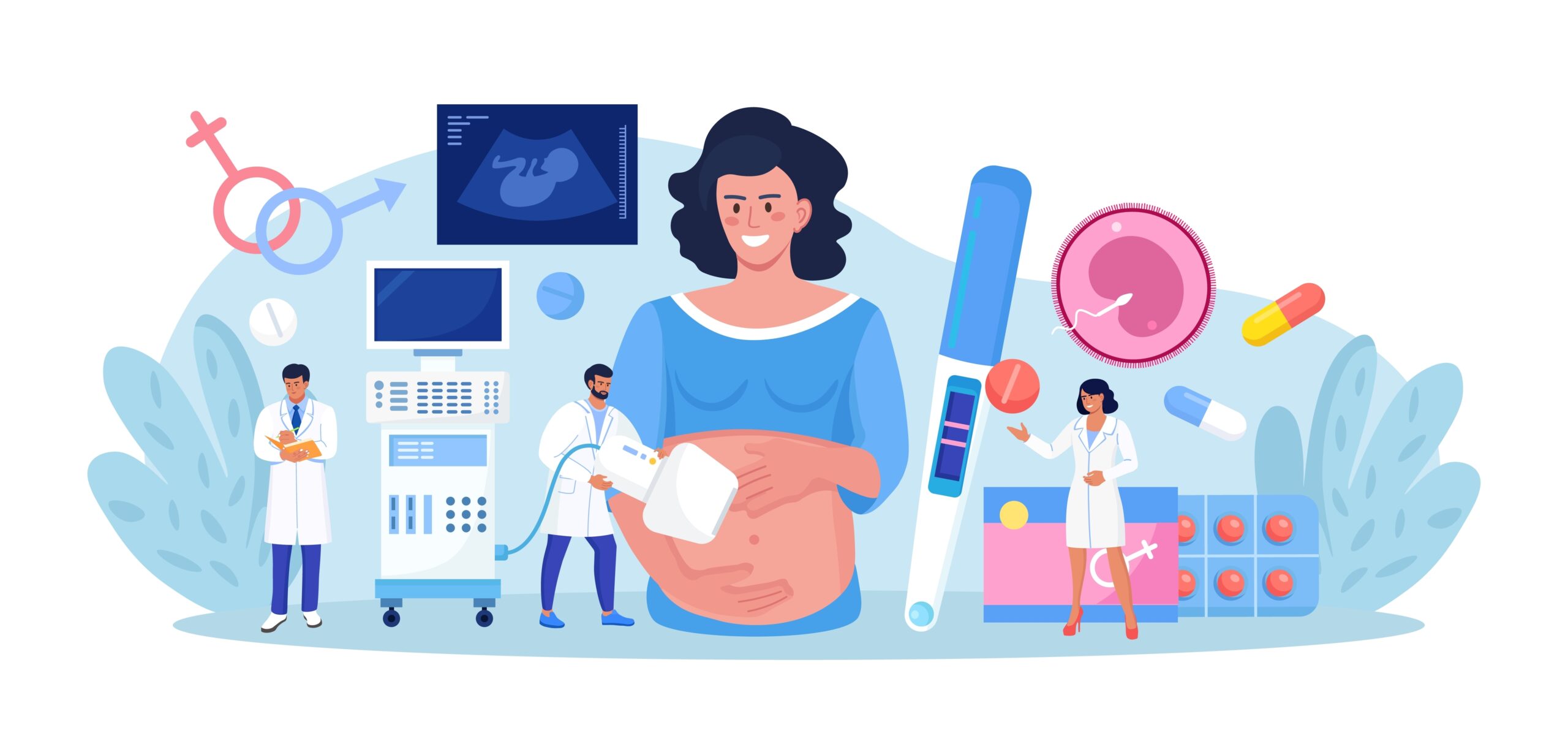80-90% of couples who have regular unprotected penetrative vaginal intercourse, every 2-3 days, will fall pregnant within a year. Although for some couples this may take a bit longer.
1 in 6 couples in Hong Kong will experience infertility problems.
If you have not fallen pregnant within a year of actively trying (meaning unprotected sexual intercourse every 2-3 days for a year), you should speak to your family doctor to discuss what test and investigations may be required in order to increase your chance of successful treatment.
Increasing your success for a jackpot!
- Folic acid- Before preparing for pregnancy it is important for women to take 400mcg of folate and continue this until they reached their 1st Trimester (12 weeks of pregnancy). Folic acid is a key ingredient needed for the development of the baby’s spine/central nervous system.
- Iodine- people in Hong Kong do not obtain enough iodine from their diet. Iodine is needed for brain development. Ways to increase you iodine intake could be increasing your consumption of iodine-rich food such as seaweed or substitute your table salt with iodized salt. You only need less than 1 tablespoon of iodized salt to reach your daily recommended intake.
- Have unprotected vaginal intercourse every 2-3 days. If this is not possible, try to keep a diary of your ovulation period. There are a lot of apps available these days that can help you work out your estimated ovulation window, which is the time when your ovaries release an egg. Generally speaking, if you have a regular 28days menstrual cycle, your ovulation usually occurs between 12-16 days before your next expected period. Having unprotected sex during this time increases the chances of a sperm fertilizing an egg.
- Smoking- both passive and active smoking is not only harmful to our general health but can also reduce fertility in both men and women.
- Alcohol- Drinking too much alcohol can affect the quality of the sperms.
- Caffeinated beverages- there is no consistent evidence to suggest caffeinated drinks affect fertility.
- Medicines and drugs- always discuss the medication or supplements you take with your GP prior to planning your pregnancy as some of them can be harmful to the unborn fetus and you may have to stop some medication to pregnancy-safe alternatives a few months before actively trying for a baby.
- Body weight- underweight as much as overweight can have a negative impact on fertility both for women and men. Keeping a healthy BMI between 19-25 is important.
- Cervical screening- women are advised to have had recently cervical screen before planning to fall pregnant.
- Vaccinations- Chickenpox and Rubella (German measles) can be very dangerous to the unborn baby during pregnancy. If you have never had chickenpox or never been immunized to Rubella you should discuss it with your GP.
Causes of Infertility
- Female Infertility (40%)- ovulatory problems, tubal blockage or adhesions, endometriosis, womb anomaly
- Male Infertility (40%)- Sperm defect, Testicular failure, Obstruction, Retrograde ejaculation, Varicocele, Urogenital infection
- Coital Problem- this happens when he can have a problem with erection or ejaculation or she may have spasms in her vagina.
- Unexplained infertility (20%)– no specific cause identified.
| Investigations | |
| Tests for Women | Tests for Men |
| Hormone profile- blood testing for hormones test to ensure you are still ovulating. Your doctor will usually ask you to time the blood test 7days before your anticipated menstrual cycle. | Physical examination |
| Blood test to check you are immunized to Rubella, also known as the German Measles | Semen Analysis |
| Sexual Health Screen | Sexual Health Screen |
| Ultrasound- a painless non-invasive radioactive-free imaging tool used visualize the womb and ovaries | |
| Hysterosalpingogram – an x-ray is taken after a special dye is injected into your womb (uterus) and fallopian tubes to outline the womb cavity or detect and blockages within the fallopian tubes. | |
| Hysteroscopy- a probe with a camera on the tip to allow the doctor to directly visualize the outline of the female reproductive tract. |
Treatments
- Medical Treatment
Women whom have trouble with ovulating can be given medication to stimulate the ovaries to release eggs. Sometimes multiple eggs get released which results in multiple pregnancies such as twins or triplets.
- Surgical treatment
Women with blockage or adhesions to their fallopian tubes or endometriosis may be candidates for surgical repair.
- Assisted Conception Methods
If the above methods are not feasible or have failed, assisted conception are used:
- Intrauterine insemination of partner’s semen (IUI)
semen sample is collected from the male partner and the laboratory collects the best quality semen which is injected into the women’s womb. This is usually in conjunction with the women receiving ovulation stimulating mediation. The procedure does not require anaesthetics. This procedure is suitable for couples with coital problems, mild male infertility or unexplained infertility.
- In-vitro fertilization (IVF)
This method is advised for couples who have tubal pathology or endometriosis. Eggs and sperm are harvested and fertilized in the lab. Once the embryo is formed it gets put back into the women’s womb.
- Intracytoplastic sperm injections
This is when the best quality sperm is injected into a fertilized egg in the lab. This method is useful for couples where there are reduced sperms in the semen or reduced sperm motility.
- Egg +/- sperm donor
you may also receive egg or sperm donation which will then require IVF fertility treatment.







